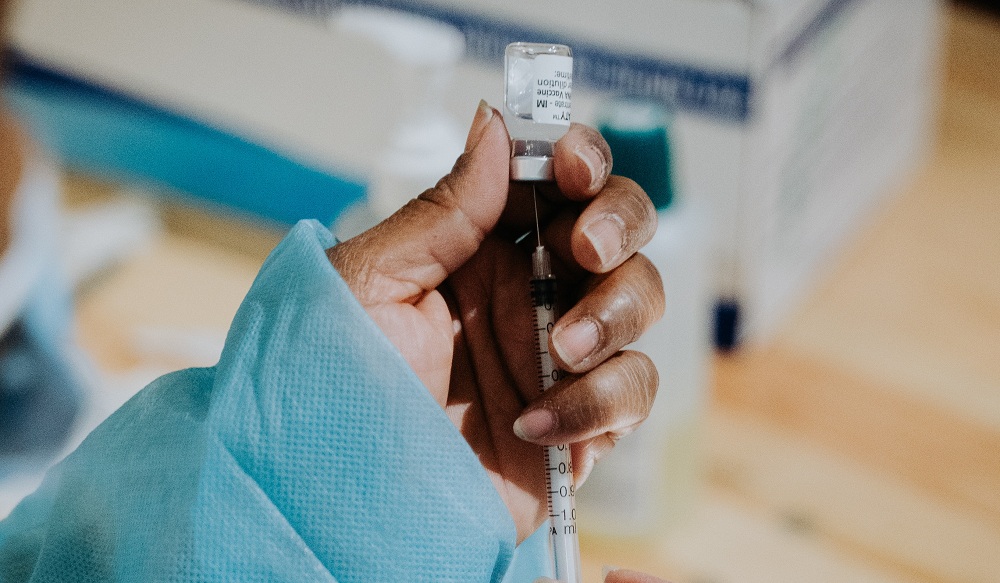In the complex orchestra of cellular mechanisms, one biological process plays a critically silent yet powerful role: Protein conjugation. This process contributes to a wide array of biochemical activities, ranging from cellular signal transduction and DNA repair to immune responses and apoptosis.
What is Protein Conjugation?
Protein conjugation is a post-translational modification, an alteration that proteins undergo after being synthesized from their initial amino acid chain. It involves the covalent attachment of a functional group, small protein, or other biologically active molecule to a target protein. Some of the most well-known types of protein conjugations include phosphorylation, acetylation, ubiquitination, methylation, and glycosylation, among others.
The Importance of Protein Conjugation
Protein conjugation provides an additional layer of regulation for protein function, dictating their behavior, localization, and interactions. This modulation of protein function is critical for the proper functioning of the cell and, ultimately, the entire organism.
Cellular Signaling and Communication: Protein phosphorylation is a widely recognized form of protein conjugation, primarily known for its role in cellular signaling pathways. The attachment of phosphate groups to certain amino acids can activate or deactivate proteins, thus modulating cellular processes.
Regulation of Protein Degradation: Ubiquitination, the attachment of ubiquitin molecules to proteins, marks proteins for degradation by the proteasome, an enzyme complex responsible for breaking down unneeded or damaged proteins. This process is vital for maintaining protein homeostasis within cells.
Immune Responses: Protein conjugation also plays a role in immune response. For instance, proteins on the surface of pathogens can be conjugated with molecules that enhance their immunogenicity, leading to a stronger immune response.
Protein Conjugation in Biotechnology and Medicine
Understanding protein conjugation is not just a matter of basic biology. It has important implications for biotechnology and medicine.
Protein Drugs: Many therapeutic proteins are conjugated with polyethylene glycol (PEG) or other polymers to increase their stability and circulation time in the body, improving their therapeutic effectiveness.
Vaccine Development: Conjugate vaccines are created by linking an antigen from a pathogen to a protein that elicits a strong immune response. This conjugation makes the vaccine more effective, leading to stronger and long-lasting immunity.
Targeted Drug Delivery: Protein-drug conjugates are an emerging field in medicine. Drugs can be conjugated to antibodies that specifically recognize and bind to cancer cells, delivering the drug precisely where it is needed.
Disease Diagnosis and Treatment: Understanding the mechanisms of protein conjugation can help identify disease biomarkers and develop novel therapies. For example, disruptions in protein conjugation processes like ubiquitination are implicated in several diseases, including cancer and neurodegenerative disorders.
Wrapping Up
Protein conjugation, the biological process where functional groups or molecules are covalently attached to proteins, is crucial for cellular functionality and organism survival. From disease diagnosis to the development of novel therapeutics, protein conjugation has unlocked new avenues in biotechnology and medicine. As we continue to decipher the intricacies of protein conjugation, we will likely uncover even more potential applications and continue to expand our understanding of life at the molecular level.









